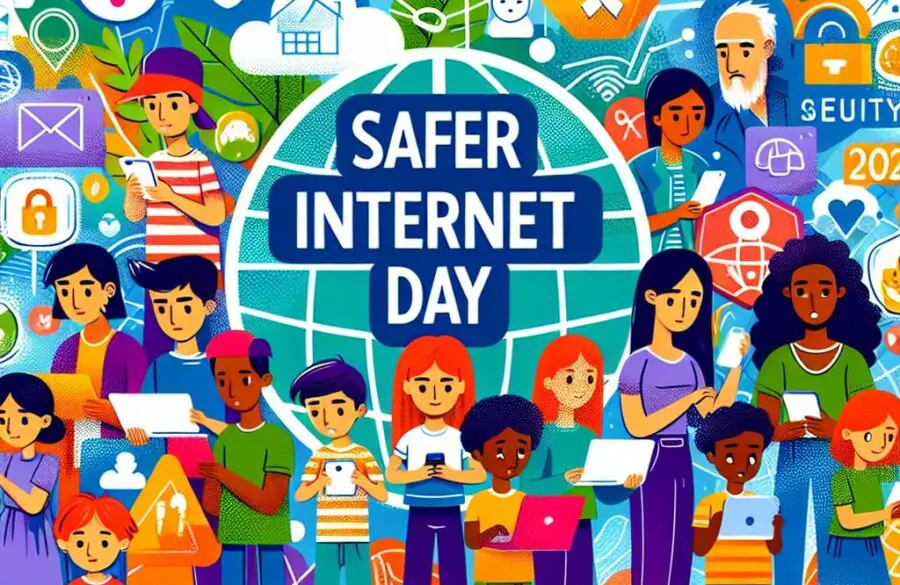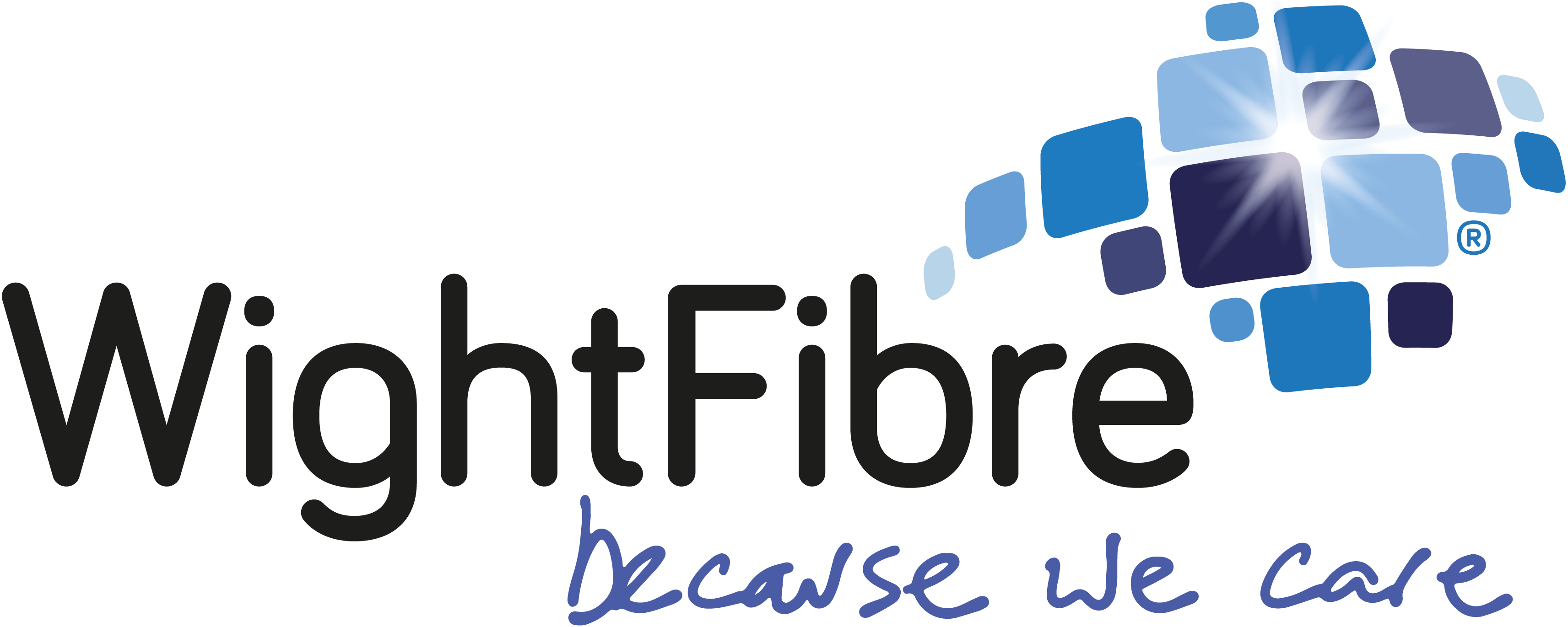Digital Dilemmas: Parents’ Perspectives on Restricting Children’s Smartphone and Social Media Use
The widespread use of smartphones and social media by children has sparked concern among parents, with many questioning how to best manage digital engagement. Internet Matters, an organisation dedicated to supporting children’s online safety, recently conducted a comprehensive study to understand parents’ views on restricting children’s access to smartphones and social media. This research provides valuable insights into the varying opinions held by UK parents, including differing levels of support for digital restrictions depending on their children’s ages and specific needs.
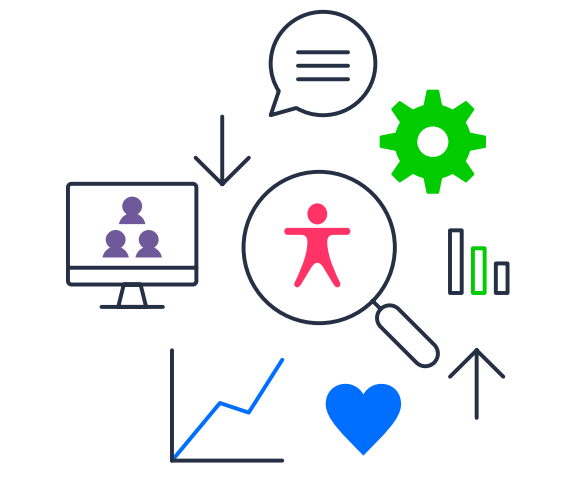
Findings on Smartphones
Smartphone ownership is 94% by the age of 13 and proceeds to reach 99% by the age 16. The main benefit parents see from their children owning a smartphone is to retain the ability to stay in contact. Parents of secondary age children are more likely to say that smartphones support their child’s independence than parents of primary age children (52% compared to 36%). Parents of vulnerable children were seen to more likely to say that smartphones were beneficial for supporting their child with learning compared to parents with non-vulnerable children (40% compared to 30%).
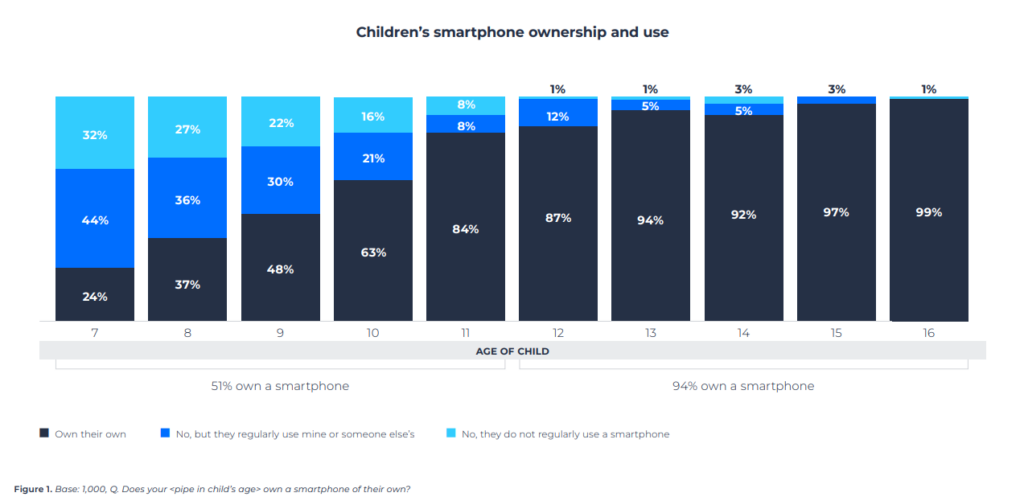
Challenges of Enforcing Restrictions
Although some parents support a ban, 74% believe it would be challenging to enforce with 2 in 5 parents thinking it would be very difficult. Parents shared concerns about children’s ability to bypass restrictions and noted that not all families would adhere to a ban. Those in favour of a ban highlighted the need for industry support, suggesting that more parental controls and age verification measures by tech companies could help manage risks.

Social Media Concerns
Parents expressed that their more concerned about social media use, especially as it relates to children’s emotional well-being. The survey found that 44% of parents supported a ban on social media for children under 16, and most parents (55%) felt that a minimum age of 14 would be more appropriate than the current minimum age of 13. Notably, parents reported mixed views on the effectiveness of parental controls, with many stating that privacy settings on popular platforms could be improved.
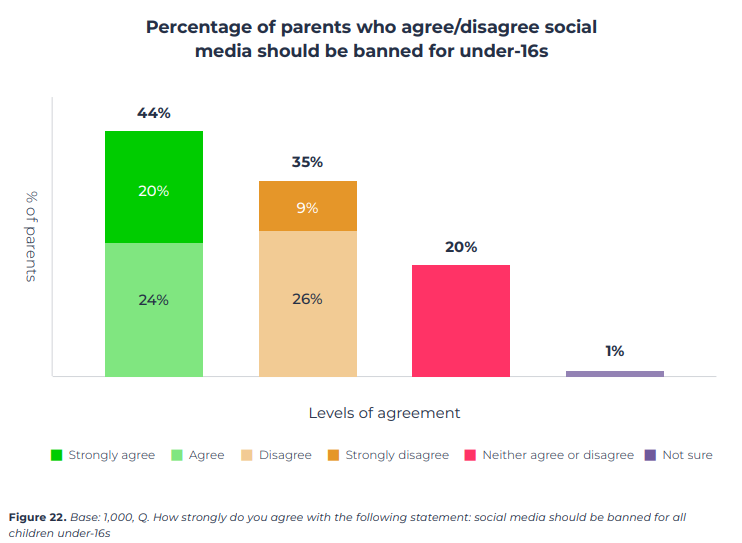
The Role of Industry and Government
Internet Matters’ research underscores the importance of collaboration between parents, the tech industry, and government to safeguard children online. Parents expressed a desire for more guidance, with 36% supporting government-issued advice on how long children should spend on digital platforms each day. However, despite the growing number of concerns, 48% of parents felt it was not the governments role to produce guidance of this kind. This highlights that many many parents want autonomy over their child’s smartphone usage. Many parents also advocated for stronger enforcement of age restrictions by social media companies, along with penalties for companies that fail to implement effective safeguards.
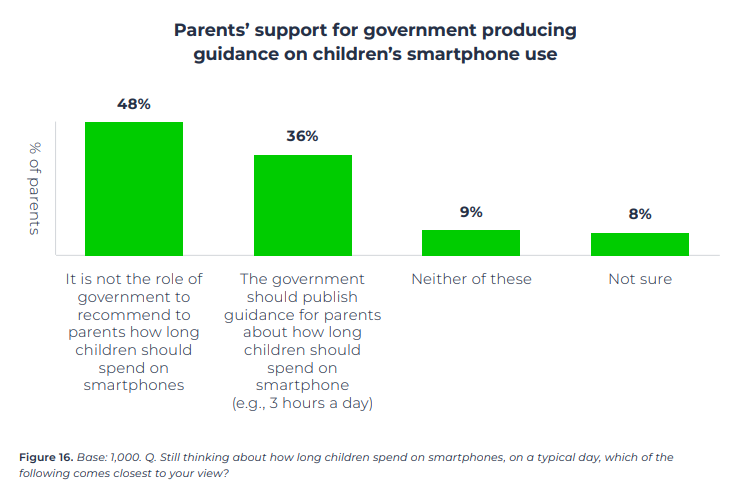
Social Media and Parental Controls
Parents who use parental controls are much more likely to support a ban on social media for under-16s, with 47% in favour, compared to only 27% among parents who do not use controls. In focus groups, support for a social media ban was noticeably stronger than for a ban on smartphones. Many parents recognised the benefits of smartphones and the challenges of enforcing a ban on them. However, there was a widespread view that social media itself is the main cause of harm, leading to stronger support for restricting its use among young people.
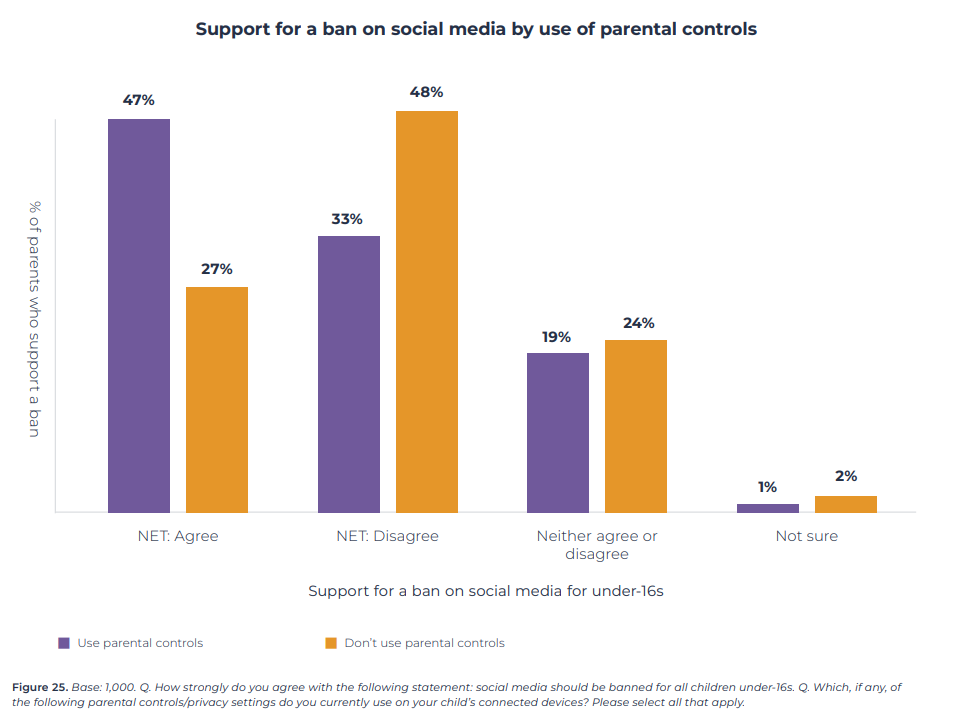
Conclusion
The findings of this research highlight the complexity of parents’ views on technology in their children’s lives, particularly concerning smartphones and social media. While concerns about online harm are widespread, many parents recognise the value technology brings, from supporting learning and building connections to ensuring safety in daily life. Instead of outright bans, there is a shared desire for a more balanced approach, with parents, tech companies, schools, and government working together to create safer online environments for young users. This collective effort is essential if children are to enjoy the benefits of technology while minimising its risks.
To find out more visit our partners at Internet Matters.



